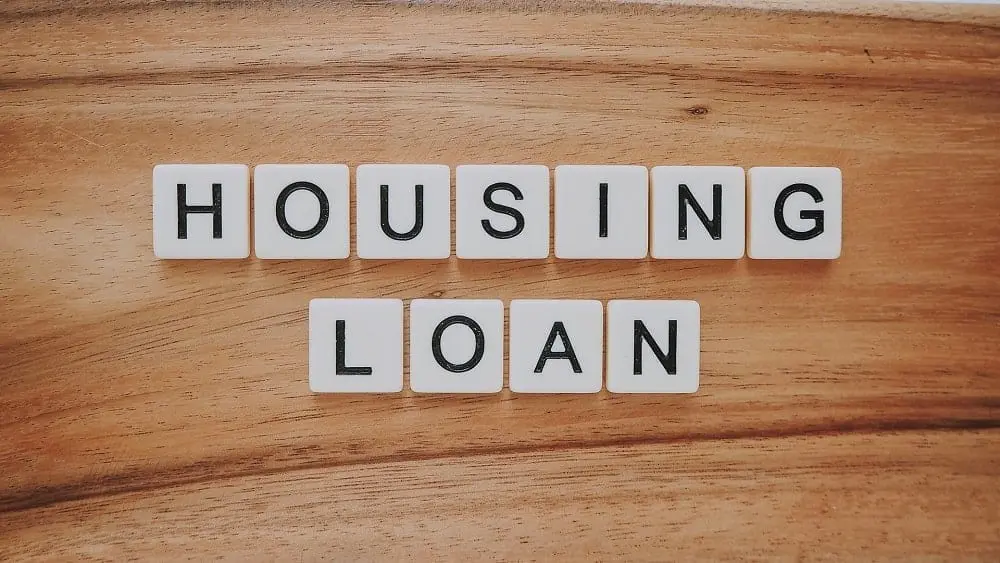
Are you not considering buying a new house because you don’t think you’ll qualify for a home loan?
Don’t have enough money saved up for a down payment?
Think your credit score isn’t high enough?
If so, you are one of perhaps millions of mistaken wannabe home owners who, for these reasons or others, decide for themselves that they aren’t financially ready to purchase a home before they even try to find out if they are.
“Consumers are more cautious then they have been in the past” and are “self-sidelining” themselves, according to Archana Pradhan, an economist at CoreLogic, a real estate information company.
There’s no telling how many people are taking themselves out of the game without even trying. But, according to CoreLogic’s numbers, loan applications last year were half what they were in 2005 when the housing market was going full-bore. At the same time, the denial rate has fallen by roughly one-third.
This tells Pradham – and others – that folks haven’t even tried to obtain a mortgage like they did in the go-go years prior to the Great Recession, largely because they don’t think they can make the cut. After all, if credit underwriting standards have tightened, as has been reported ad infinitum, then how else could it be that fewer applicants are being rejected?
“The observed decline in originations could be the result of potential applicants being too cautious,” says the CoreLogic economist.
If Pradham is right, it’s time to debunk some of the reasons people aren’t even trying:
Student Debt
This is a real issue, no doubt about it. According to some sources, grads with a four-year degree leave college with $35,000 in debt. But those who go on to grad school leave owing somewhere in the neighborhood of $53,000 to $54,000.
That’s the bad news. But the good news is that some lenders will roll your student debt into the mortgage amount. Thus, the load will be lessened somewhat because mortgage rates these days are at or near record lows, maybe half or so of the rate on student loans.
Credit Score
It’s true that the average borrower credit score has increased – from 700 in 2005 to almost 750 in 2015, according to CoreLogic.
But it’s true, too, that lending to so-called “subprime” borrowers with scores below 620 also has increased. “Lending is matching the market very well,” says Sam Khater, CoreLogic’s deputy chief economist.
In 2015, according to Amy Crews Cutts, chief economist at Equifax, one of the three main credit reporting agencies, loans originated to borrowers with a 620 or lower score increased by almost 25 percent over 2014. And the “pattern continues in 2016,” she says.
While it is the case that many conventional lenders are picking only those borrowers with a relatively high score, those who write loans insured by the Federal Housing Administration (FHA) accept scores as low as 580. According to EllieMae, a mortgage technology company, 27 percent of all loans closed in May had scores of below 600, with some below 550.
Still, if your score is such that it needs to be higher before you can proceed, you can do so by making sure your credit records contain no errors, improving the way you use credit and taking classes by federally approved credit counselors. This may take some time, but it is well-worth the effort, if only because much of what you pay for insurance, cell phones, even rent, is based somewhat on your credit score.
Down Payment
Many people still think they need 20 percent in cash, up front, to buy a house. But the FHA will accept just 3.5 percent down on some loans, as do some conventional lenders, and veterans and active duty personnel may not have to make a down payment at all with a mortgage insured by the Veterans Administration.
According to Ellie Mae, the average FHA down payment is just 4 percent and the typical VA down payment is 2 percent.
Fear
Some people are fearful of rejection, or face-to-face interactions with loan officers under the mistaken belief that they are nothing more than used car salesmen in disguise. But that’s just not so – loan officers and brokers have to pass licensing exams and take continuing education courses.
Besides, a loan jockey can’t approve anyone for a mortgage. Approvals are the province of underwriters whom you will never, ever meet in person. So you can’t be forced into take a loan you don’t want or can’t afford.
Furthermore, you should want to consult with a recommended loan officer, who can help explain the various loan products, terms and options – yes, there are options – and guide you to a loan product that fits your requirements.
According to a survey by TD Bank, one-third of the 1,300 homebuyers polled had an “excellent” experience with their lender. And nearly 75 percent rated their host recent buying experience as either “very good” or “excellent.”
Cumbersome
This goes hand-in-hand with the information above, but many people, especially Millennials, give buying short shrift because it involves dealing with people, again face-to-face. But while it’s a fact that eventually you’re going to have to sit down with someone – at least it’s a good idea to do so – most lenders these days have websites where you can take all the time you need to read up on the various products and their features. You can even apply online on your smart phone or tablet if you so desire.
Paul Anastos, president of Mortgage Master, says the notion that Millennials only want to be touched electronically is a myth. Nevertheless, he says, his and other companies employ any number of ways the next generation of homebuyers can interact with them and then form a one-on-relationship when they are ready.
Even builders these days have gone digital. Every builder worthy of that title has a website where you can view floor plans, see lists of options and find out about community features, all without ever leaving your home or office computer. Sure, you’ll eventually want to see something, up close and personal, that tickles your fancy. But ‘til you find “the one” – or two or three – the research is at your fingertips.

Lew Sichelman is a nationally syndicated housing and real estate columnist. He has covered the real estate beat for more than 50 years.
 What Do You Get When You Buy a Luxury Home?
What Do You Get When You Buy a Luxury Home?